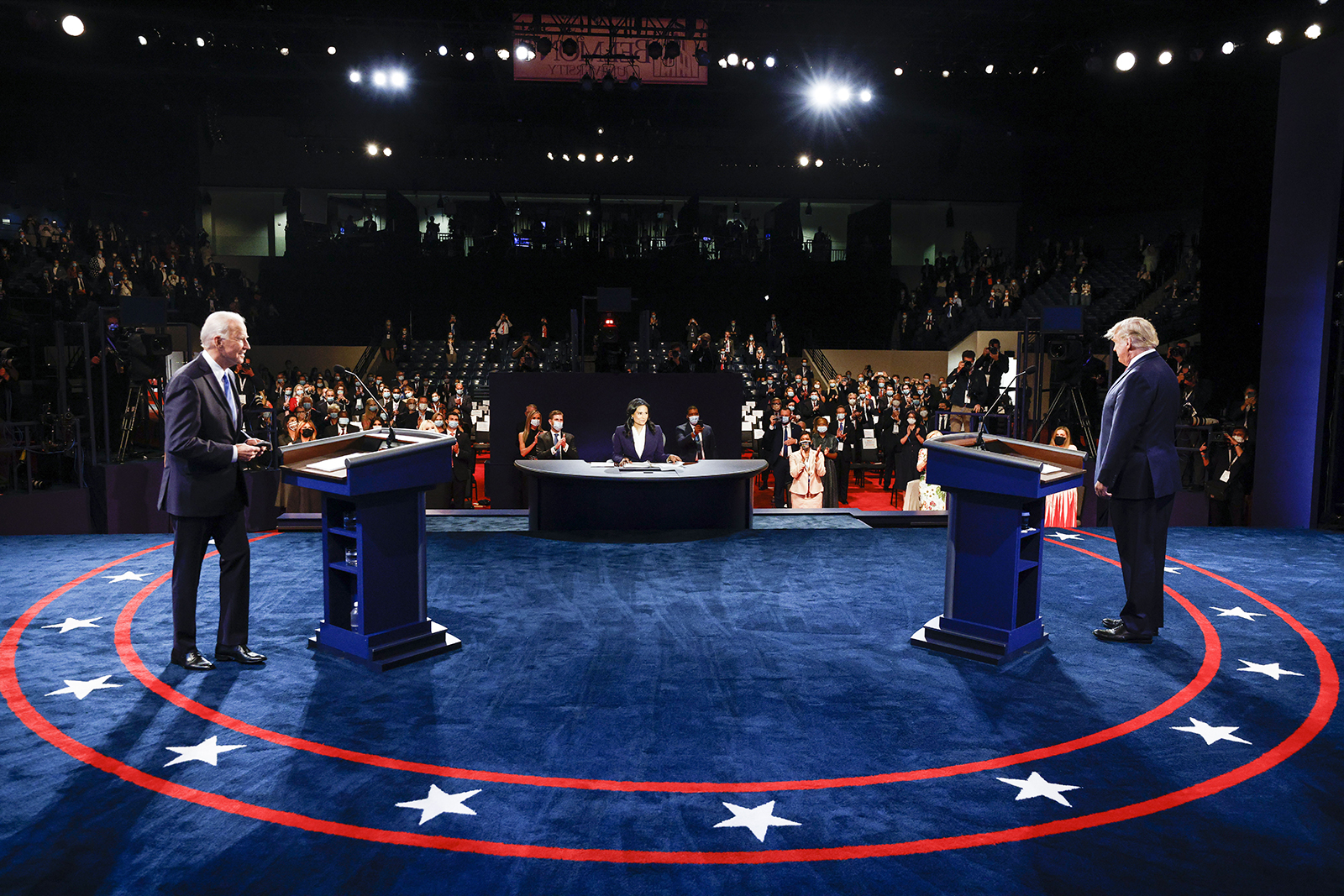Analyzing the Debate’s Impact: Whos Winning In The Presidential Debate

Presidential debates are pivotal events in the electoral cycle, often shaping voter perceptions and influencing the trajectory of campaigns. The recent debate between [Candidate 1] and [Candidate 2] was no exception, generating significant buzz and sparking numerous discussions about its potential impact.
Short-Term and Long-Term Effects on Campaigns
The debate’s immediate effects on the campaigns are likely to be evident in fundraising, media coverage, and polling data. A strong performance can translate into a surge in donations, increased media attention, and a boost in poll numbers. Conversely, a weak showing might lead to a decline in support and a more challenging path forward.
The long-term impact is more difficult to predict but could be substantial. A memorable moment or a compelling argument could resonate with voters for weeks or even months, shaping their perceptions of the candidates and their positions on key issues. The debate could also provide a platform for candidates to introduce new policy proposals or refine their messaging, potentially influencing the direction of the campaign in the weeks and months leading up to the election.
Voter Perceptions and Opinions, Whos winning in the presidential debate
Debates offer voters a unique opportunity to observe candidates side-by-side, assessing their demeanor, communication skills, and command of the issues. This direct comparison can significantly impact voter perceptions, potentially shifting support towards a candidate who is perceived as more competent, likable, or relatable.
The debate’s impact on voter opinions will depend on several factors, including the pre-existing views of the electorate, the tone and content of the debate, and the effectiveness of the candidates’ messaging. For instance, a debate focused on economic issues might sway undecided voters who prioritize this topic, while a debate centered on social issues might resonate more with voters who are deeply concerned about these matters.
Key Moments and Exchanges
Several key moments or exchanges during the debate could have a significant impact on the race.
- [Candidate 1]’s response to [Candidate 2]’s attack on [specific issue]. This exchange could be particularly important if it addresses a key concern for voters or reveals a weakness in one of the candidates’ positions.
- [Candidate 2]’s handling of [specific issue]. This could be a defining moment if it highlights a policy proposal or a particular perspective that resonates with voters.
- [Candidate 1]’s overall demeanor and communication style. If [Candidate 1] appears confident, articulate, and empathetic, it could bolster their image and strengthen their support among voters.
Whos winning in the presidential debate – The presidential debate is a battle of wits and charisma, but don’t forget about the state-level battles too. Minnesota’s Governor Tim Walz, a leader known for his progressive policies , is an example of how leadership can inspire and shape a state’s future.
While the national spotlight shines on the presidential race, remember that the local elections often have a more direct impact on our lives. So, pay attention to both the national and local races, and make your voice heard!
While the media focuses on who’s winning the presidential debate, let’s not forget the real battle we’re all facing – the battle against COVID-19. The World Health Organization ( who covid 19 ) has been tirelessly working to combat this pandemic, and we can all play a part in their efforts.
So, while we’re watching the debates, let’s remember that the true victory lies in our collective efforts to protect ourselves and each other from this virus.
